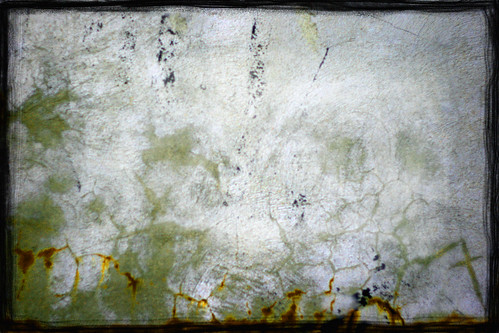Friday, December 20, 2013
Free to Be Curious
Before practicing this evening I read this blog post by Jennifer Roig-Francoli called An Exercise in Moving From Our Curiosity. She began with remembering we are free, then arousing our curiosity, and then allowing the eyes to lead the head, the spine, and the limbs into movement. I played with this before I picked up my guitar case. Picking up my case with awareness gave rise to the next curious question - what will the clasps sound like as I open the case? Can I imagine this sound I've heard thousands of time? Sensing I was onto something I began writing this post after those two questions arose.
Pausing to reflect on what to type next I become curios about how am I sitting at my computer? Which led to me to listening to the act of typing - different rhythms, variations in tone and dynamics. Must all 'periods' be done with greater force relative to rest of the typing? Will I ever get to open the case?
As I stood before the case I played with Opening the Three Energy Gates, a Qi Gong exercise. Coming back to my thought of freedom, I became curious about the act of opening the case. Then the negative direction " I am not free" arrived from nowhere. I smiled as I noticed a slight release in my legs and torso. Listening as the case opened I heard the soft sound of the strings coming to life as the lid moved about. The two staccato notes that sounded a I removed the humidifier from between the strings was suddenly delightful. I heard my footfalls as I approached my stool, the slight squeak elicited as I settled in.
I took in the space around me, finding the thought of freedom again, I aroused my curiosity about what does my spine do as I move my hands to the guitar? I have no idea, but this arousing thought heightened my awareness. Free & curios I let my eyes land on the neck of the guitar and then my hands followed. Beginning with an improvisation, I just let the hands go. Listening, returning to the thought of freedom and being curious what this means to me.
I began playing through a piece and became lost. Again I was playing and became lost. I decided to take Jennifer's exercise and twist it with a sense of Missy Vineyard's negative directions:
I am not free.
I am not curious.
I am not allowing my spine to be free.
I came back to the I am not curious, a very strange sense of curiosity about how this affected my thinking and subsequent movement arose. Even now as I entertain this thought, a release upward occurs. I began to play again. Lost another time. I paused and let this go, but wondered why after arriving in such a rich place was I getting so lost? I had a glimpse of ease and freedom that is possible from this place, a glimpse that is not foreign to me, yet remains elusive. More to practice and I am curious to see where this goes.
Subscribe to:
Post Comments (Atom)


There's a natural resistance to the unknown, because it is almost as if we have a visceral memory that dramatizes the dangers of what is unknown. Literally when we learn things, especially new movements, we're carving and creating new brain pathways. Resistance to change comes in various ways - getting spaced out is one of them. The door to the unknown opens - and we're lost.
ReplyDeleteA nice metaphor for this happened to me one time while I was traveling for over two months in Europe. I would tell myself that, "I am not lost." I realized that I was traveling in order to be lost and enjoy that I was in a place where I'd never been before.
I'm still wondering why these instances of becoming lost arose. Resistance has a negative connotation related to change. Certainly this is true in general, as overriding habit energy keeps us as we are. I'm now too far removed from the experience to approach objectivity, but the loss seemed to be arising more from being overwhelmed with the richness of the experience. A little bit of too much new information coming in.
ReplyDeleteMay be time to experiment with this again. Thanks for your probing comments Franis.
Resistance is designed to be a positive force that slows the negative effect of whatever might be unpredictable about discovering. Or at least, that's the point of view of the habit that offers the (in your case, a lost) feeling of resistance.
ReplyDeleteThe discovery process can leave us with a giddy feeling. Sometimes the new discovery can even become dismissed with laughter - that it's such a hilariously simple insight. The feeling of laughter or giddiness seems to be designed to have you forget what happened; as if it all must have been something "weird" or unclassified. But this is merely another ruse to ignore the rapid progress that the insight really could represent - if it were integrated.
But this takes as you point out not being overwhelmed by the richness of a new discovery.
It's quite a challenge to note, collect, sift, combine and qualify what that "funny" experiences mean for you as you do visit them again. Clarify your suspended goals, because that will help with the integration when using these different types of Direction.
Please keep us updated on what happens when you re-evoke and go there again!